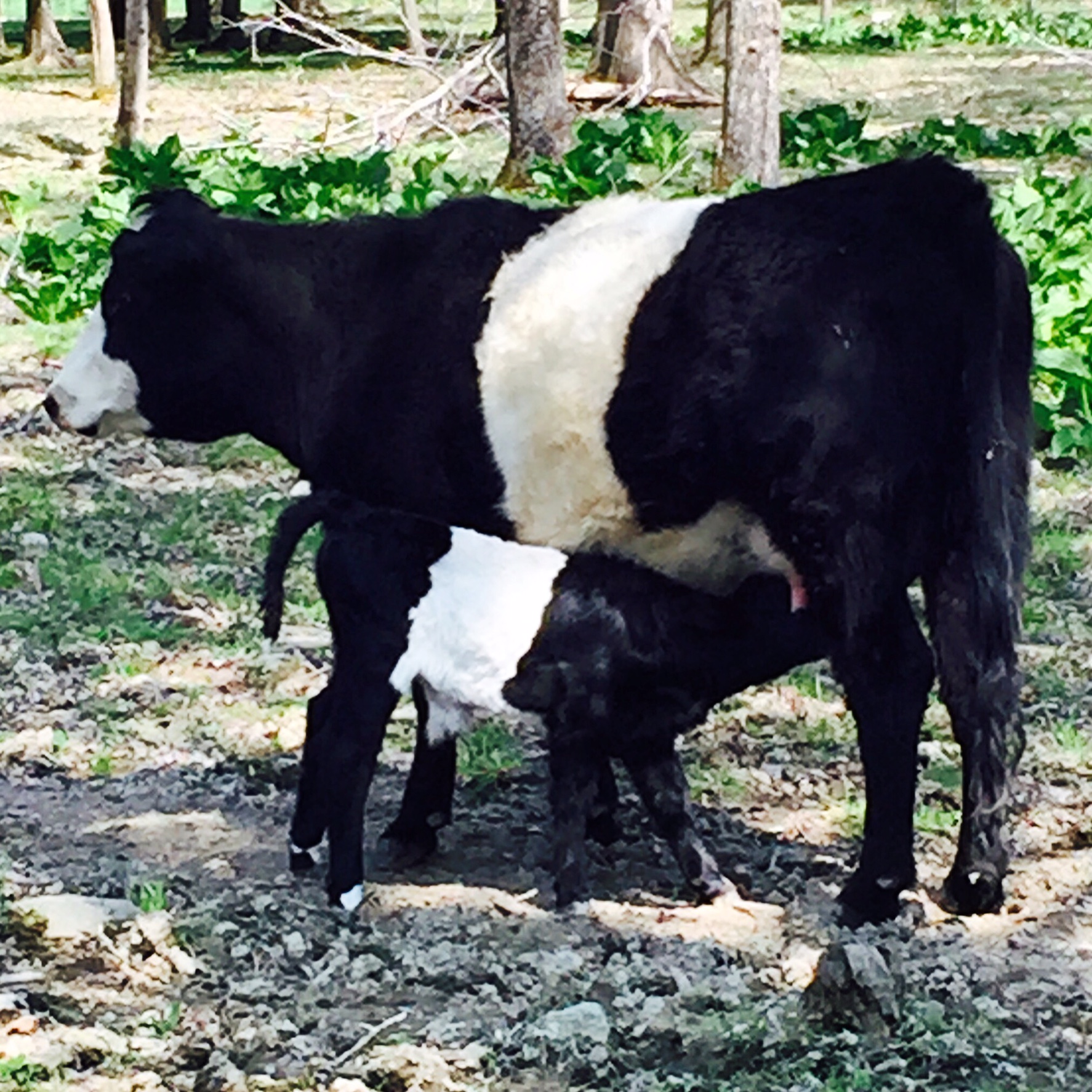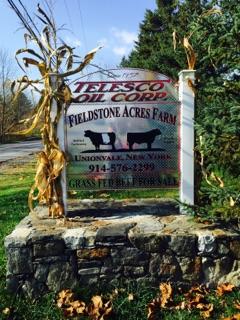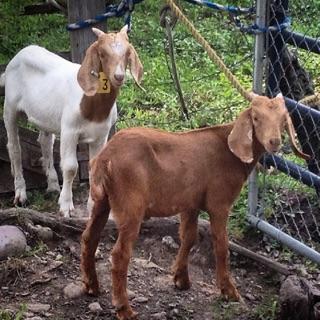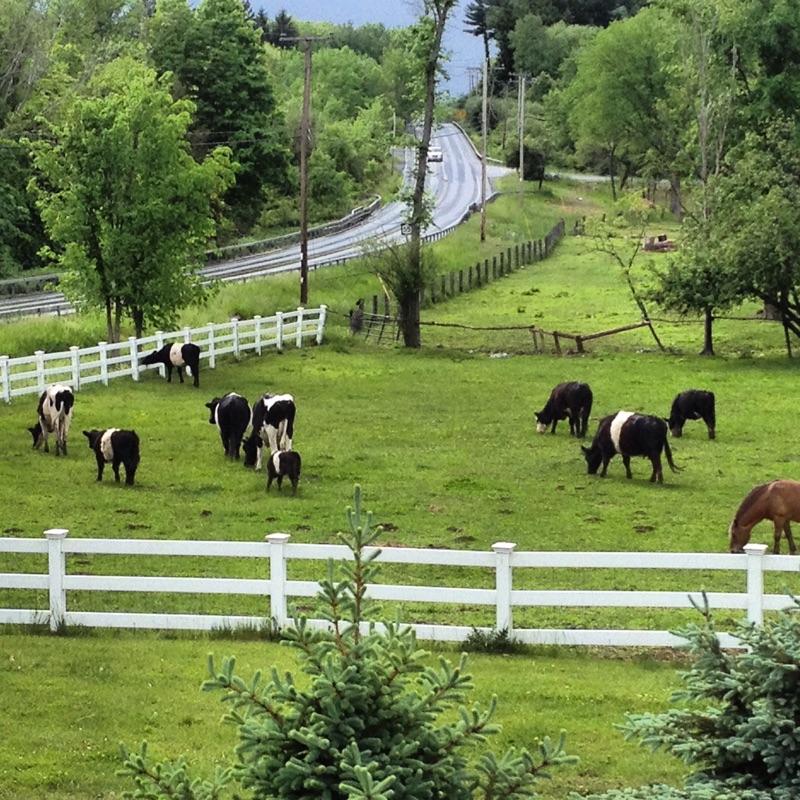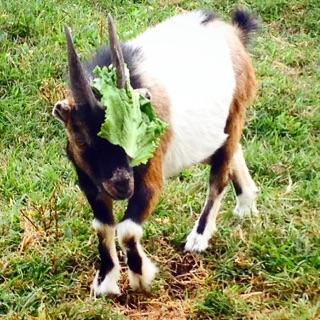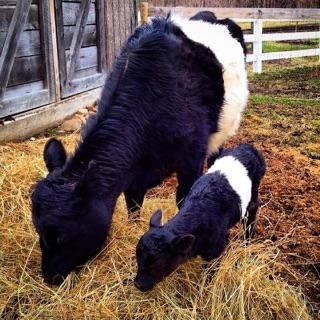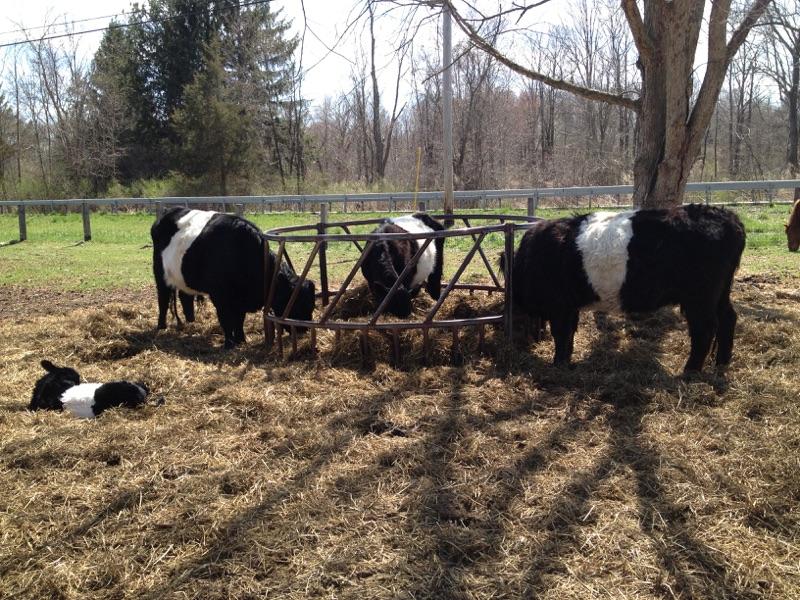Fieldstone Acres Farm
PRODUCT AVAILABLE
- PASTURED BEEF
- PASTURED GOAT
- PASTURED POULTRY (SEASONAL)
- FARM FRESH EGGS
- SEASONAL PRODUCTS
COME VISIT OUR FARM MARKET
Hudson Valley Family owned farm, the Telesco family specializes in grass fed all natural Belted Galloway & Angus and other natural products.
Fieldstone Acres farm is proud to be a local farm of natural, no hormones or antibiotics, humanely raised livestock.
Why grass fed
The Benefits of grass fed beef are largely found in the fat which naturally marbles, making the beef healthy and tender.
Grass-fed beef contains 2 to 4 times more omega-3 (essential fatty acids)
10 fold increase in Beta-Carotene
4 times more vitamin A and E
A lot more conjugated linoleic acid/CLA (a natural fat burner)
Less fat and calories per pound than regular grain-fed beef you buy at the supermarket.
- Decreases: depression, Alzheimer, cancer, diabetes and heart disease
- Improves: vision, bone growth, weight management
- Grass-fed animals are considerably healthier than grain-fed ones, which means that farmers don’t have to use part of the 15 million pounds of antibiotics used on grain-fed cattle just to prevent them from getting sick.
Why Local
Local food is better for you. The shorter the time between the farm and your table, the less likely it is that nutrients will be lost from fresh food. Food imported from far away is older and has traveled on trucks or planes, and sat in warehouses before it gets to you. You should know where your meat comes from
Local food preserves genetic diversity. Livestock diversity is higher where there are many small farms rather than few large farms.
Local food is safe. Local farmers aren't anonymous and they take their responsibility to the consumer seriously
Livestock products is processed in nearby USDA approved facility and with direct relationship with processors, we oversee quality - unlike animals processed in large industrial facilities.
Local food supports local families. The wholesale prices that farmers get for their products are low, often near the cost of production. Local farmers who sell direct to consumers cut out the middleman and get full retail price for their food - which helps farm families stay on the land.
Local food builds community. When you buy direct from a farmer, you're engaging in a time-honored connection between eater and grower. Knowing farmers gives you insight into the seasons, the land, and your food. In many cases, it gives you access to a place where your children and grandchildren can go to learn about nature and agriculture.
Local food preserves open space. When farmers get paid more for their products by marketing locally, they're less likely to sell farmland for development. When you buy locally grown food, you're doing something proactive to preserve our working landscape. That landscape is an essential ingredient to other economic activity in the state, such as tourism and recreation.
Local food keeps taxes down. According to several studies by the American Farmland Trust, farms contribute more in taxes than they require in services, whereas most development contributes less in taxes than the cost of required services. Cows don’t go to school, tomatoes don’t dial 911 :)
- Local food benefits the environment and wildlife. Well-managed farms provide ecosystem services: they conserve fertile soil, protect water sources, and sequester carbon from the atmosphere. The farm environment is a patchwork of fields, meadows, woods, ponds and buildings that provide habitat for wildlife in our communities.
- Local reduces foods carbon footprint, improving the environment for all.
- Local food is an investment in the future. By supporting local farmers today, you are helping to ensure that there will be farms in your community tomorrow. That is a matter of importance for food security, especially in light of an uncertain energy future and our current reliance on fossil fuels to produce, package, distribute and store food.




